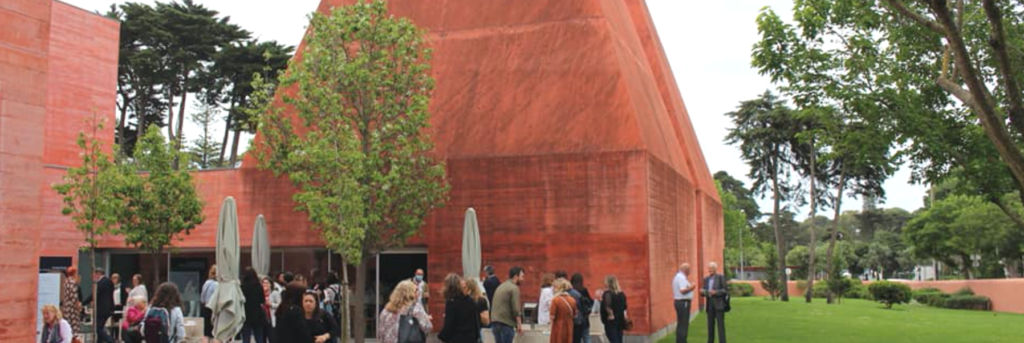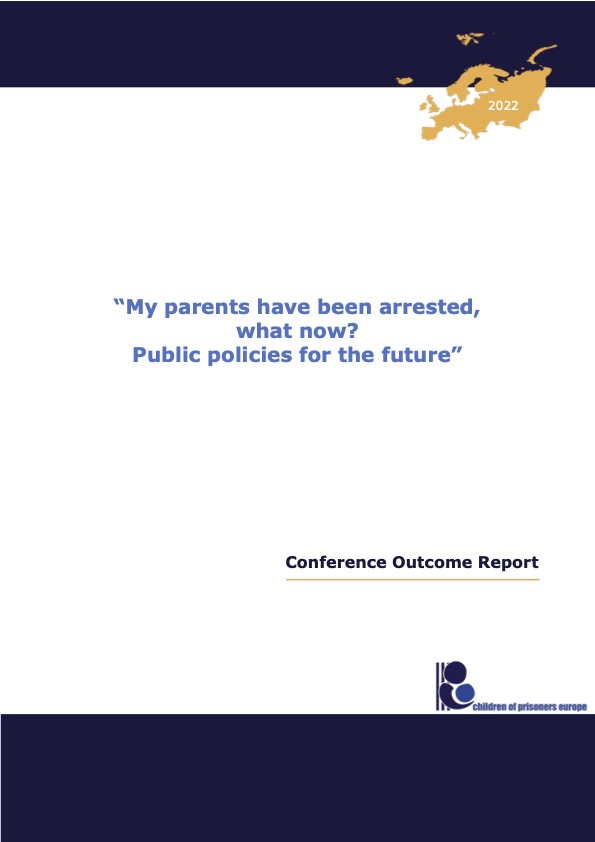Confiar’s successful conference entitled “My parents have been arrested, what now? Public Policies for the future”, held in Cascais, Portugal, on Thursday 2 June, marked a shift in awareness in Portugal of the rights of children impacted by parental imprisonment within that context. Some 112 participants attended the conference, and the day included enriching discussions and contributions from a wide range of practitioners from across the law enforcement and criminal justice sectors, among others. Speakers comprised representatives from the judiciary, police, prison services, education sectors, NGOs, as well as academics from international and national Portuguese contexts.
Key outcomes from the conference included the following:
- Preserving the dignity of children is paramount and can be achieved by listening to them and involving them in any decisions that concern them.
- Children with imprisoned parents should be supported in maintaining a relationship with their parent in prison when this is in their best interests. This includes a consideration of whether or not a child should live with their parent in prison or with an alternative care provider outside of prison.
- The implementation of trauma-sensitive or trauma-informed policies is essential to minimise the impacts of toxic stress that children may have been faced with during their parent’s arrest or during their separation from their parents.
- A centralised, holistic structure to address the needs of children impacted by parental imprisonment could improve cross-agency service delivery and ensure that these children are not forgotten in the design of social policies.
- Providing adequate support to children with imprisoned parents is largely dependent on knowing where these children are and who is caring for them. There is a lack of data collection concerning children with imprisoned parents. Responsible data (prioritising the privacy of children) is a key element in understanding the needs of these children, speaking about them and advocating for them.

Initial feedback from the conference demonstrated that the range of professional perspectives was appreciated and added to the overall breadth and diversity of the conference. In particular, there was a presentation of an initiative at HMP Parc, Wales, bringing together the family unit, prison services and schools in a collective effort to maintain and strengthen the child-parent bond, creating a triangular working relationship between prisoners, their child and their teacher within the prison setting. With the scheme, imprisoned fathers remain involved in their child’s education, teachers better understand the complexities of what a child with a parent in prison can face, and children are better supported during their school day. The scheme is now being replicated in Denmark. Some of the feedback also highlighted the value of hearing from a representative from the police about a data collection initiative that serves to connect children and families impacted by parental incarceration to local support. Further, it was highlighted that gaining insight into the legal perspectives of different countries – even if this is not directly applicable to one’s own country – was a worthwhile experience.
Read the conference outcome report:
Recordings of the conference are available here.


